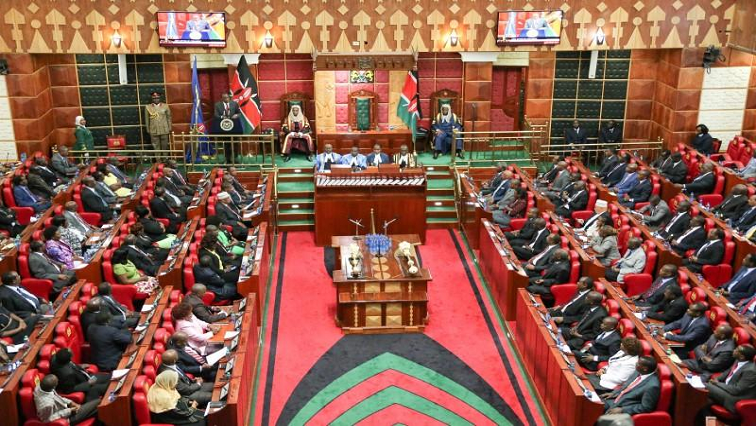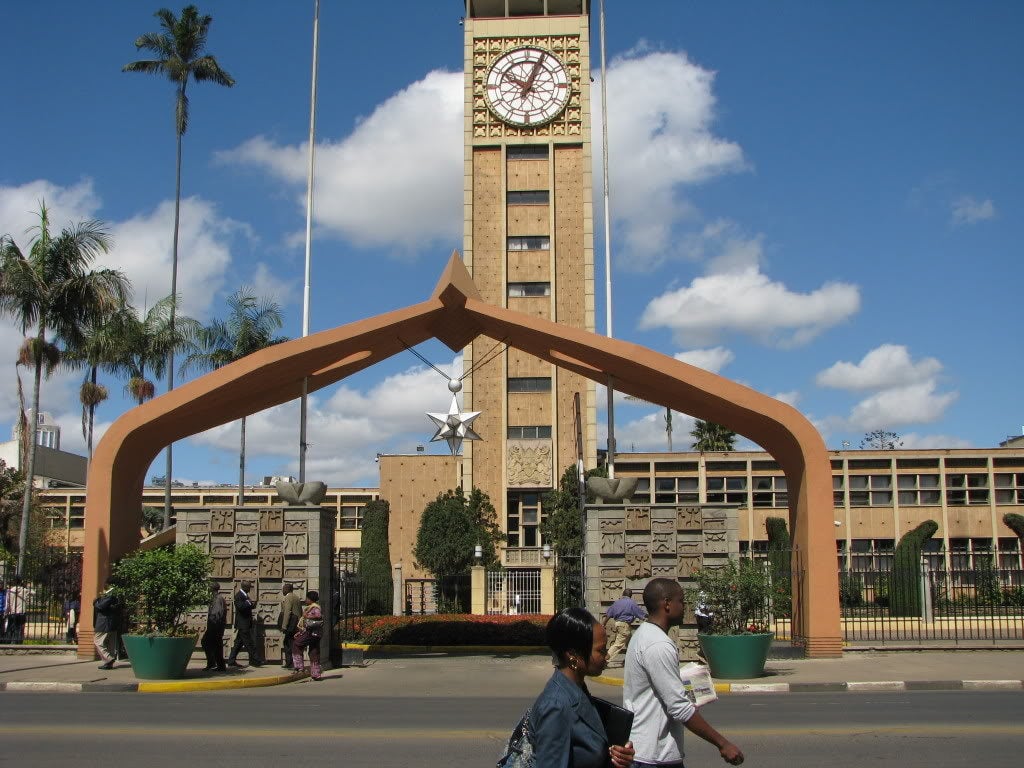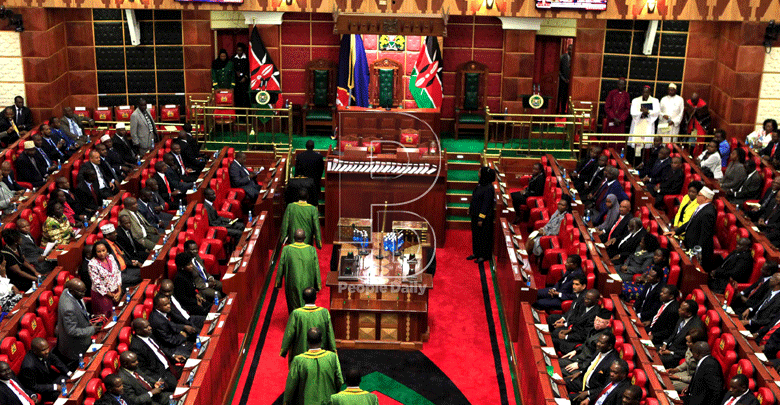Parliament on tenterhooks over supplementary budget

A showdown is looming between parliament and the Executive over supplementary estimates that seek to increase the overall budget by Sh80.1 billion after it emerged that legislators plan to reject the budget. The proposals were tabled by the National Treasury last week.
The Parliamentary Budget Office (PBO) has already warned that passage of the estimates would lead to financing gaps that would have to be met from additional borrowing.
Budget increase
The Sh80.1 billion will see the overall budget increase from Sh 2,734 trillion to Sh 2,814 trillion, representing a 2.9 percent increase.
Reads the BPO report: “It is clear that the revenue projections are still unrealistic and that the proceeds from State Owned Enterprises (SOEs) of Sh78 billion are not likely to finance the supplementary increases. Therefore, if the supplementary budget is approved, this financing gap will have to be met from additional borrowing either domestically or external borrowing meant for budgetary support.”
Members of Parliament who sit in the Budget and Appropriation Committee (BAC) chaired by Kikuyu MP Kimani Ichung’wa revealed that they are tomorrow (Tuesday) expected to meet with National treasury cabinet secretary Ukur Yattani, top officials of the ministry as well as the chairpersons of various house committees to officially communicate their reservations against the estimates.
It was understood that the legislators are opposed to the estimates not only because the main budget passed in June is yet to be utilised fully but also because the move by the National Treasury undermines their role in budget making.
In addition, the legislators also said they are also opposed to the cuts as they will not only affect the judiciary’s budget which will suffer Sh3 billion cuts but also affect them directly due to the Sh6 billion proposed cuts on the Parliamentary Service Commission (PSC) vote.
According to the estimates major reductions include the Sh 6.29billion from the PSC meant for Senate Affairs and for strengthening legislative capacity, Sh1.79 billion from the National Treasury meant for soundness of the financial sector under Public Financial Management programme, Sh3 billion from the Judiciary meant for the Dispensation of Justice, Sh 468.9 million from State Department from Tourism meant to increase tourism’s contribution to the economy.
Universal Health Care
The money is expected to fund the Big Four agenda including the Universal health care (UHC) through which the Ministry of Health get an additional 28.2 billon.
Said a member who did not want to be named: “The National Treasury was clear that we the revenue projections are not achievable. Now we are wondering as a committee why then did they increase the budget we expected to see cuts.”
In its report, PBO is a non-partisan professional office of the Parliament expressed concerns that the supplementary estimates regretted that despite the estimates proposing increase in the big four including the UHC a report of the rollout in four pilot counties so as to gauge the progress is yet to be provided.
In addition, the BPO regretted that the executive has also not yet indicated sources of its financing of the additional expenditures as required under part 40(6) of PFM regulations.
Further, it also regretted that contrary to regulation 40(8) of the PFM regulations that stipulates that no new program can be introduced in the supplementary budget, there are several new projects identified under Infrastructure, water and health ministries which undermines the principle of the Medium Term Expenditure Framework (MTEF).
According to BPO, if MPs pass the estimates, this will result in a to a financing gap of Sh 146.3 billion which will have to be funded through domestic or external borrowing yet the budget read in June which has a deficit of Sh640 billion is also being financed through borrowing.
Reads the BPO brief to the BAC: “The recent trend of having many in-year revisions in any financial year reduces the credibility of the budget. The need to have an implementation matrix to evaluate the priorities under Big Four that indicates the gaps that require additional funding, as resolved by the House during approval of the BPS 2019, has not been adhered to.”
In its brief, PBO also raised queries that despite Section 43(2) (c) of Public Finance Management (PFM) Act, indicating that t budget reallocations on programmes and sub-votes should not exceed 10 percent 43 programs out of 158 programs exceeds the 10 percent legal threshold.













